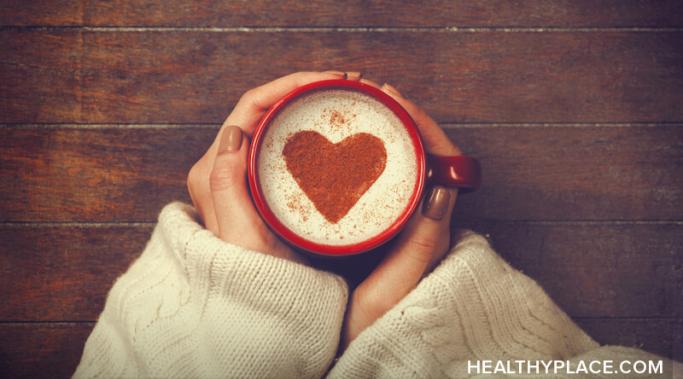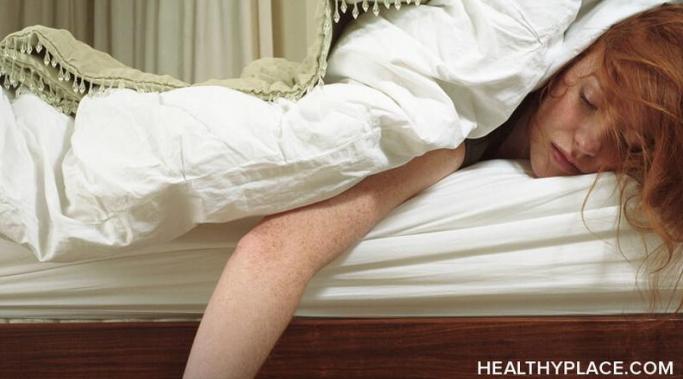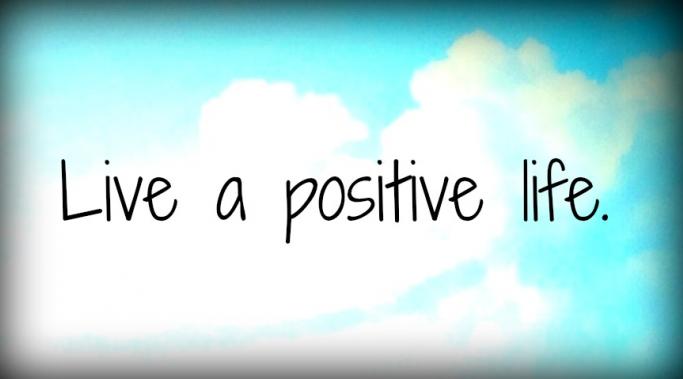Winter is a great time to experience the joy of hygge. If you've never heard of the Scandinavian practice of hygge (pronounced HOO-guh), think crackling fire, fuzzy socks, mugs of hot cocoa, flannel pajamas, and warm blankets. There is no direct translation in English, but it derives from the Norwegian word for "wellbeing." Hygge is generally considered a Danish practice that encourages wellness by creating cozy, comforting experiences. As the daughter of a Norwegian immigrant, my mom often incorporated this concept into our home environment and I have a deep appreciation for it. Whenever I'm feeling anxious or sad, I know I can soothe myself by practicing the joy of hygge.
Positive Attitude
It can be a struggle to be present, but using this victory visualization can help bring you from future desires back to the present moment. A writer I admire recently posted this inspiring visualization and my twist is intended to provide relief from anxiety. Many of us live in future thoughts -- whether we're worried about future anxiety or only thinking about what we're trying to achieve in order to move on to the next goal or task. Help yourself to be present with these steps.
If we reduce irritability, our experience of life changes. Irritability can be a side effect of many mental illnesses ("Irritability and Mental Illness: Just Stop Already!"). However, your day doesn't need to be controlled by irritation.
What’s the most recent interaction that easily offended you, caused immediate anger, or raised your hackles?
People who love to spend time outdoors can tell you plenty about the positive impact it has on their mood. Personally, I experience a noticeable decrease in stress and anxiety when I am hiking, camping, sitting near a body of water, or even walking my dogs around the neighborhood. When the weather is nice, I often eat meals in my backyard just to get a little extra outside time. For many, the calming effects of being outdoors is intuitive.
Remember using a sticker reward chart or star chart for life as a child? Perhaps your family used one to measure chores or good behavior. Maybe your school utilized a sticker reward chart to keep track of assignments done or kindness to other students. A sticker reward chart, however infantile it may seem now, can actually bring more satisfaction to your life.
Your mental health and sleep are closely linked. When you don’t get enough sleep, you’re more likely to be irritable or depressed. These qualities don’t make for pretty personalities. However, a little attention to sleep hygiene (habits to increase your quality of and time spent sleeping) can make a large difference in your happiness and overall health. Studies show that lack of sleep can raise the likelihood of developing depression, trigger a bipolar episode, and contribute to anxiety, according to a Harvard Mental Health letter that synthesizes multiple studies.1 How, then, can we improve our sleep in order to experience more of life? Turns out there’s an entire industry around sleep hygiene we can turn to for guidance because improving your mental health through sleep is entirely possible.
If you find yourself hating the holidays, don’t worry you are not alone in your hatred for this time of year (Ideas for Managing Depression Over the Holidays). The time between Thanksgiving and Christmas is supposed to be warm, fuzzy, and happy but for many of us, it’s not. Many of us actually hate the holidays.
There is one step positive people take to feel happier. I've always admired positive people, and now I am one. I found that I can be a positive person in only one step. That one step positive people take is to surround themselves with positivity. Really, that's all it takes to be a positive person and join the ranks of positive people living fulfilling lives.
When you have chronic depression or bipolar disorder, depression relapse seems inevitable and you need to know how to survive depression relapse. I’ve been in treatment for bipolar disorder for almost 12 years and I still struggle with these relapses. Here are some tips I gleaned recently on how to survive a depression relapse.









